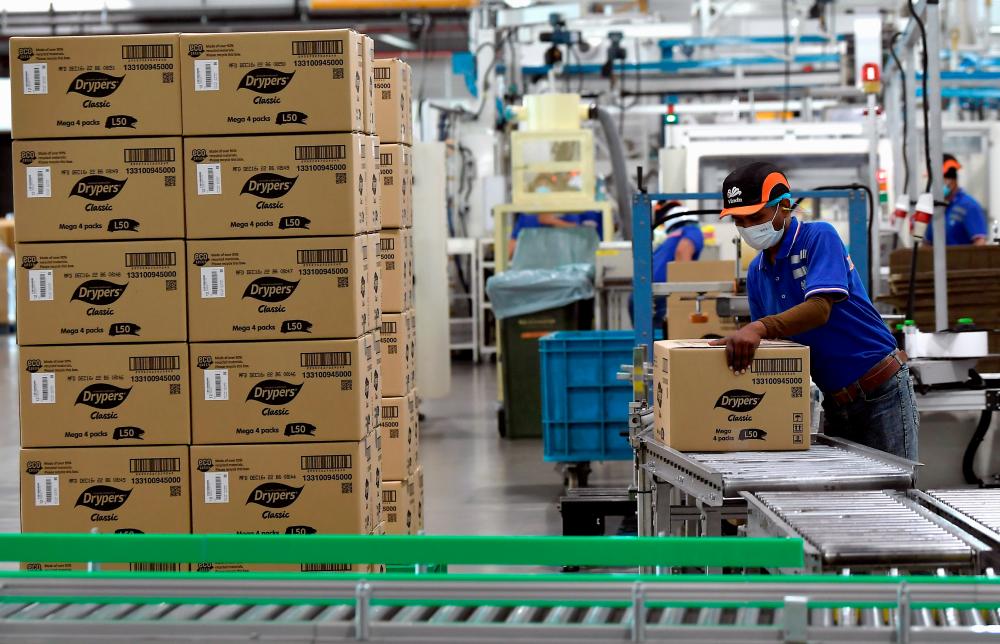PETALING JAYA: Foreign direct investments (FDI) in the country can provide a multiplier effect which would bring long-term economic benefits, said Universiti Tun Abdul Razak economist Dr Barjoyai Bardai.
He said the benefits would be seen once companies acquire land to build factories that in turn employ workers from the construction industry, adding that support services would also get a boost as companies do business with vendors and raw material suppliers, with the latter also increasing employment.
“After obtaining investment pledges of over RM180 billion, the government now needs to ensure the pledges turn into real investment as quickly as possible.
“These promised investments indicate that foreign investors have confidence in the present unity government and are very happy with its investor-friendly policies.”
Barjoyai said once the pledges are realised, they will have a profound economic impact on the country. Although short-term investors may have left the country, it is more critical to attract long-term investors, who will be here to stay.
“Before the 15th general election, there were successive changes of governments, which resulted in economic policy changes whenever a new administration took charge.
“This caused some investors to move to Indonesia, Thailand, Vietnam and Cambodia because of uncertain economic and investment policies in Malaysia.
“But the present unity government has regained the confidence of investors, who feel the country is on the right track.”
Prime Minister Datuk Seri Anwar Ibrahim’s investment and trade missions, and official visits to nine countries from January to March have attracted some RM184.73 billion in potential investments, and potential exports of RM3.22 billion.
A record RM170 billion worth of investment commitments were from China alone.
Indonesia, Brunei, Singapore, Thailand, Turkiye, the Philippines, Saudi Arabia, Cambodia and China were just some of the countries visited by the prime minister and his delegation.
Malaysian and Saudi companies agreed to cooperate on the production of chips for semiconductors. This involves opening factories in Negri Sembilan and Saudi Arabia. The joint venture would also see the setting up of a US$50 million (RM200 million) centre to train Muslims from 23 countries in Asia before they leave for their pilgrimage.
B. Braun Medical Industries Sdn Bhd is set to embark on a new phase of expansion and innovation in Penang this year, and expects to invest between RM100 million and RM200 million to bolster its production capabilities.
Universiti Utara Malaysia economics professor Dr K. Kuperan Viswanathan said now that the government has received investment pledges, it is very important to ensure they land in the country.
He said foreign investment is part of the nation’s gross domestic product, which also includes consumption, government spending and local investments.
“The higher the foreign investment, the better it is for the country as it will create jobs. People will have more money to spend, adding to economic growth.
“Malaysia is a very attractive destination for investors because of its good infrastructure, educated workforce and absence of natural disasters and social strife,” he said.
Kuperan added that Southeast Asia is a major economic growth centre at present, and for investors, it presents a golden opportunity to put their money here.
“The unity government can attract investors because it is stable and has an investor-friendly outlook and policies. Continuing along this track will ensure Malaysia’s success,” he said.










